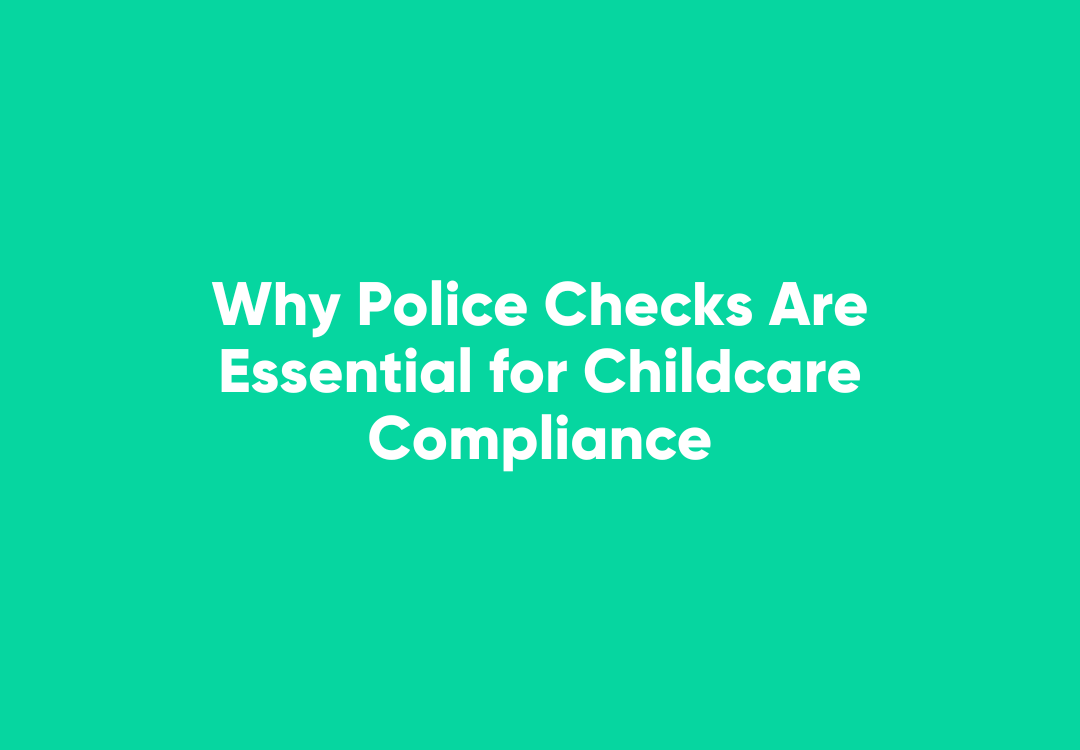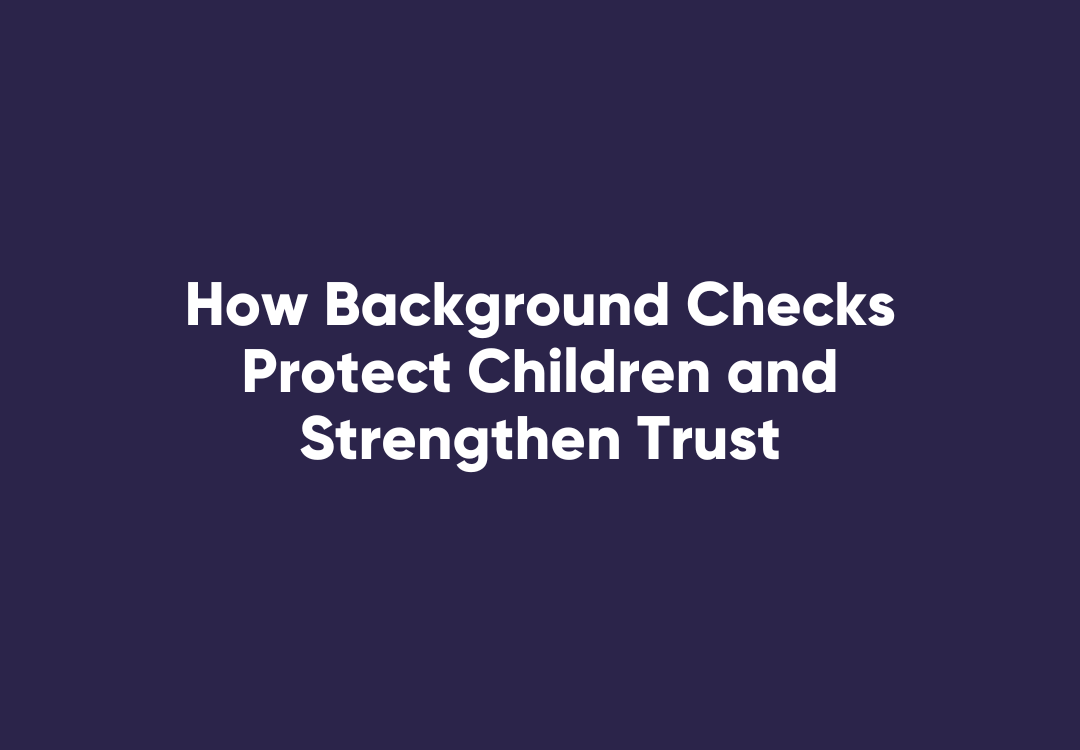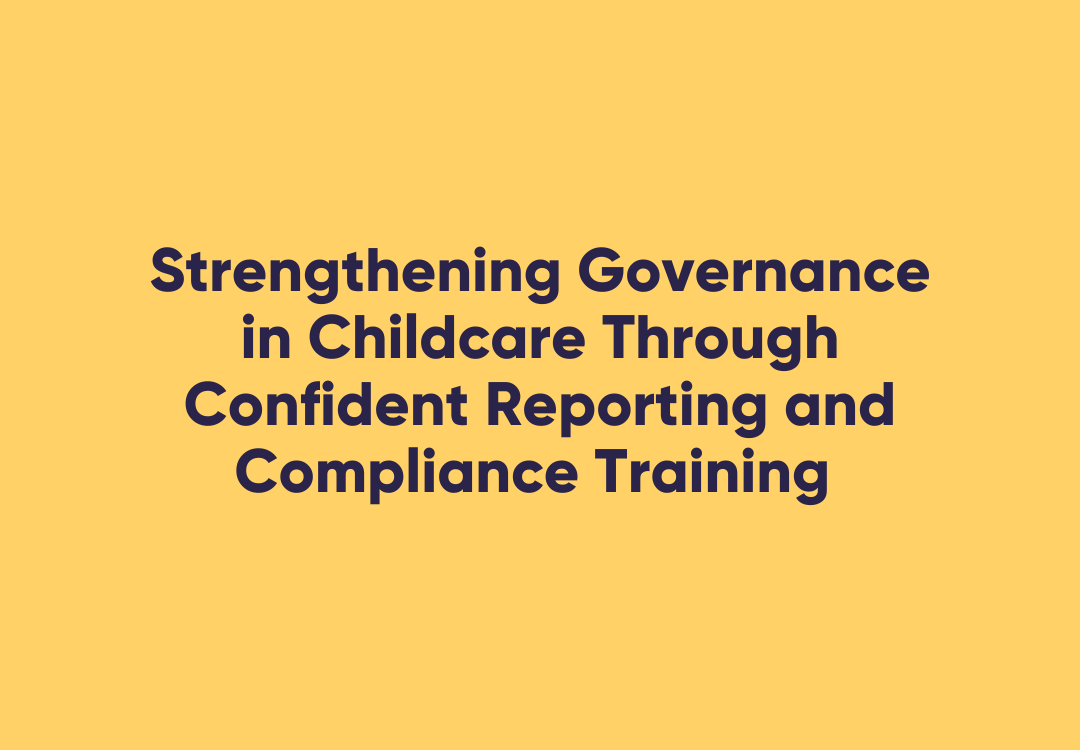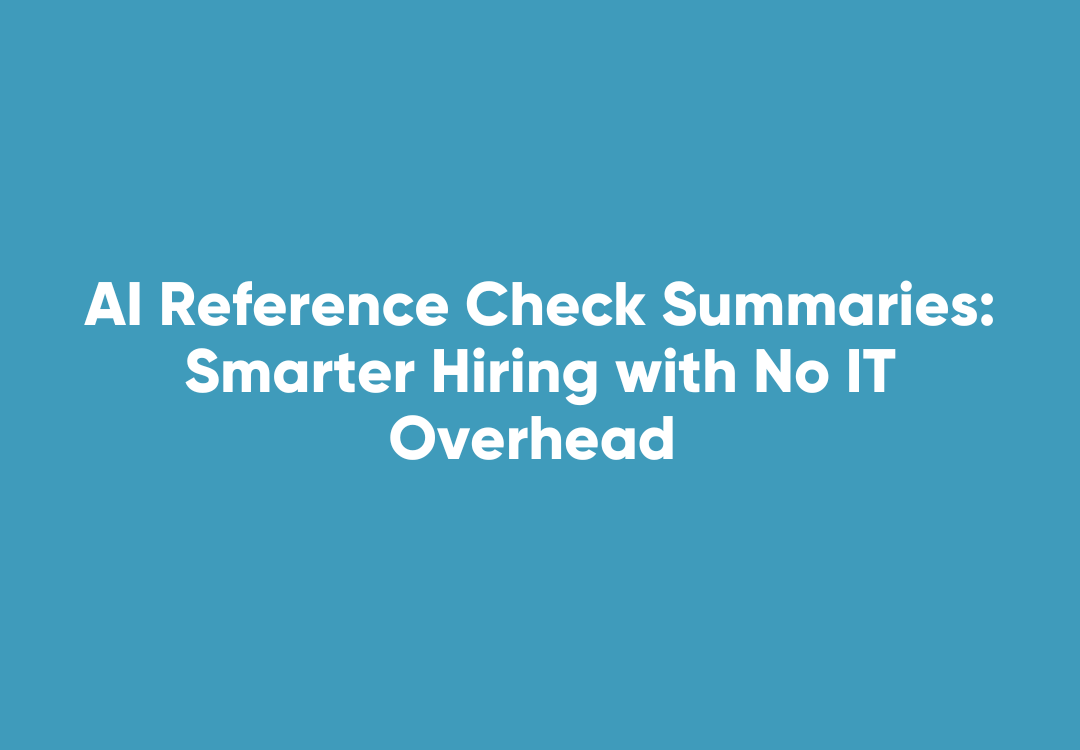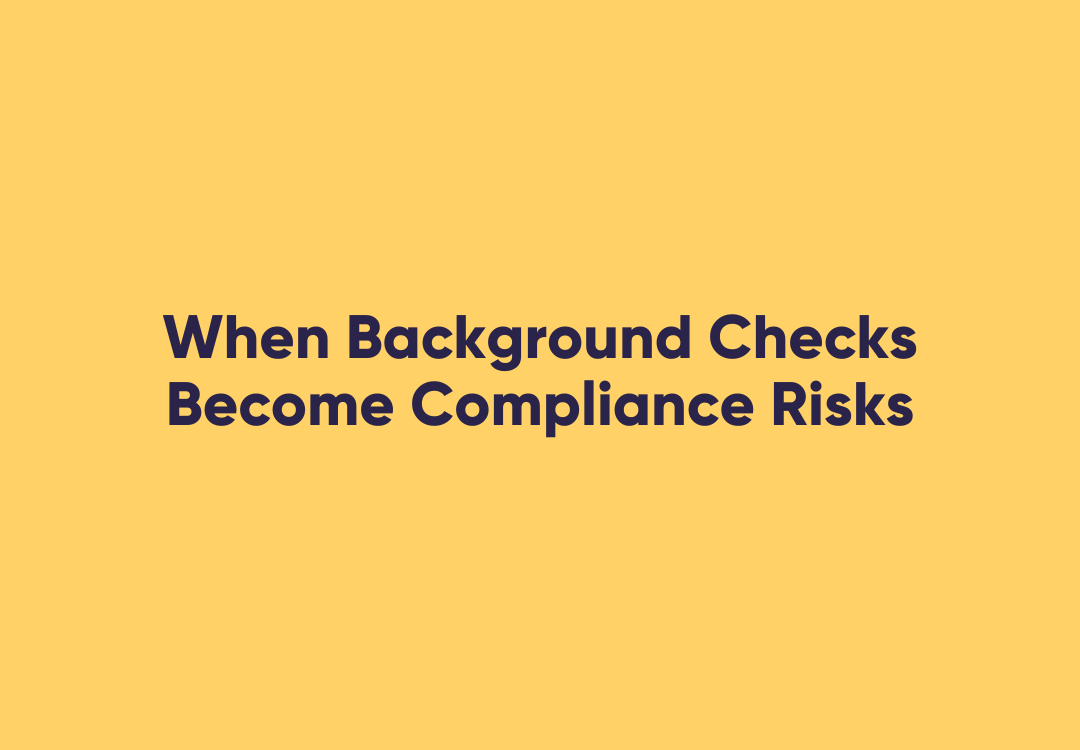Evaluating Soft Skills in Hiring: Strategies for HR Teams
Evaluating Soft Skills in Hiring: Strategies for HR Teams
While technical expertise is crucial for job performance, soft skills often determine long-term success. Traits like communication, teamwork, adaptability, and problem-solving are essential across industries, yet they can be challenging to measure objectively.
As organisations shift towards skills-based hiring, recognising and evaluating intangible skills becomes more important than ever. In this blog, we explore effective strategies for assessing soft skills and how WorkPro supports HR professionals in making informed hiring decisions.
The Importance of Soft Skills in the Workplace
Soft skills complement technical expertise, enabling employees to collaborate effectively, navigate challenges, and drive innovation. According to LinkedIn’s Global Talent Trends report, 92% of talent professionals believe soft skills are as important—or more important—than hard skills in determining job success.
Soft skills are especially critical in customer-facing roles, leadership positions, and team-based environments. For example, a technically skilled software developer who lacks communication and teamwork may struggle in a cross-functional setting, impacting productivity and morale.
How to Recognise and Evaluate Soft Skills
Behavioural Interviews
Asking situational questions helps recruiters assess how candidates have demonstrated soft skills in past experiences. Examples include:
“Can you describe a time when you resolved a workplace conflict?”
“Tell me about a situation where you had to adapt quickly to change.”
Situational Judgement Tests
Presenting candidates with real-world scenarios and evaluating their responses is a structured way to gauge problem-solving, decision-making, and adaptability.
WorkPro’s Role in Supporting Soft Skills Evaluation
While WorkPro does not directly assess soft skills, it helps organisations streamline compliance management, ensuring HR professionals can focus on hiring for capabilities. Through WorkPro’s automated background checks, eLearning, credential management and compliance monitoring, HR teams can efficiently manage their workforce compliance requirements while prioritising a holistic hiring approach.
Soft skills play a vital role in workforce success, yet they are often overlooked in traditional hiring processes. By implementing structured evaluation methods and leveraging smart workforce compliance and onboarding solutions, HR professionals can focus on hiring for capability and long-term potential.
Contact us today to learn how WorkPro supports your organisation’s hiring goals.





